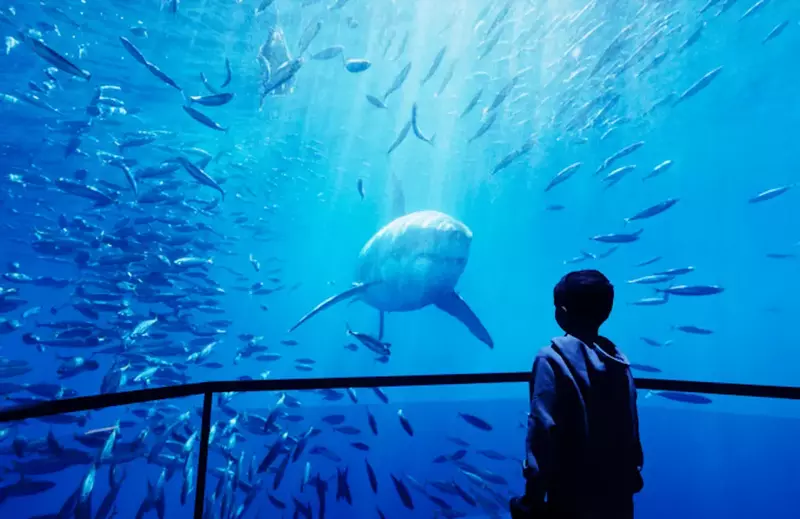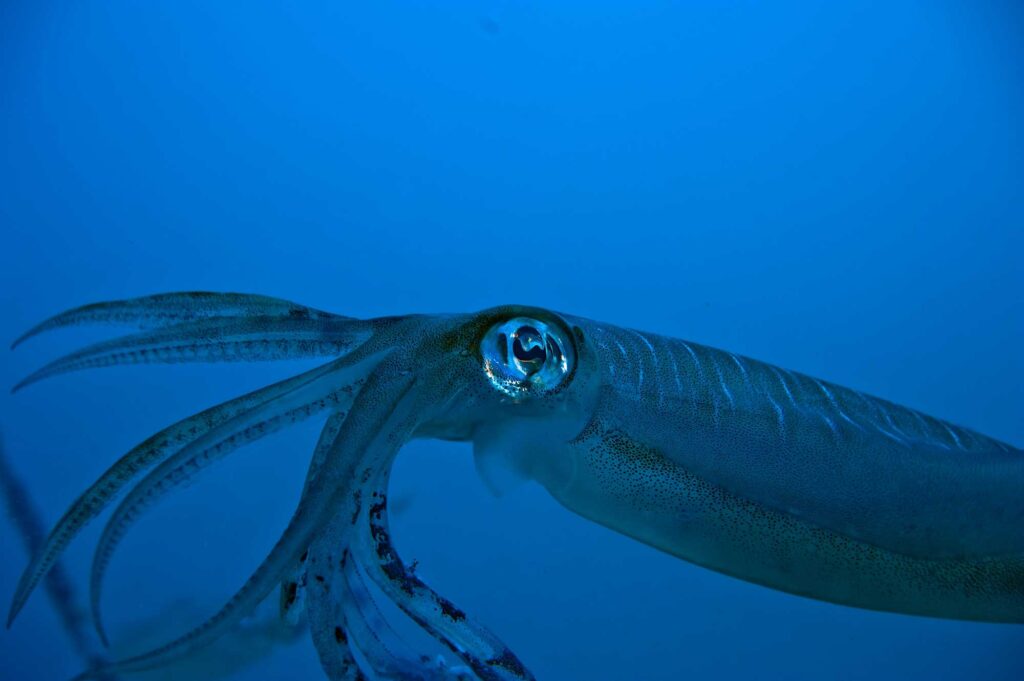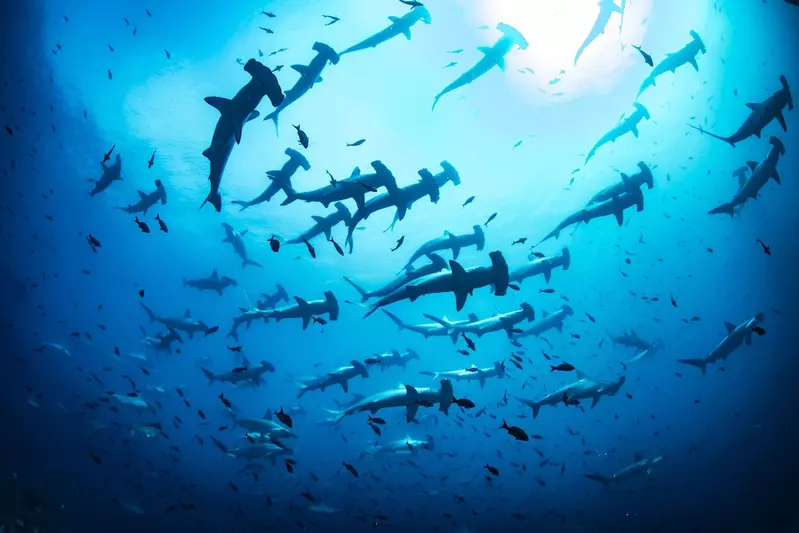The vast blue oceans covering over 70% of our planet are home to an astonishing array of life—from microscopic plankton to the majestic blue whale. Yet these remarkable ecosystems face unprecedented threats from pollution, overfishing, and climate change. The good news? Every family can make meaningful contributions to ocean conservation through simple, everyday actions. By incorporating these practices into your family routine, you can help protect marine environments for generations to come, even while you’re visiting the Smoky Mountains.
Start with Your Daily Habits
Reduce Single-Use Plastics
Perhaps the most straightforward action families can take is to reduce plastic waste. An estimated 11 million tons of plastic enter our oceans annually, threatening marine life through entanglement and ingestion.
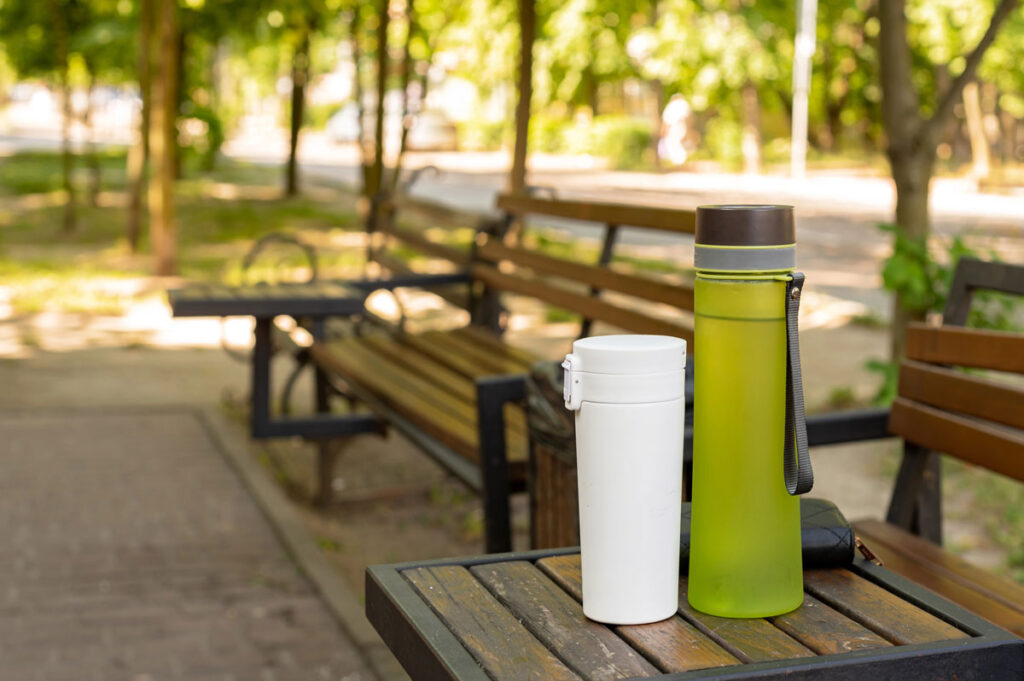
Start by swapping disposable items for reusable alternatives:
- Replace plastic water bottles with durable reusable bottles
- Bring cloth bags for shopping trips
- Pack lunches in reusable containers instead of disposable bags
- Skip the plastic straws and utensils
- Choose products with minimal packaging
Make this transition a family project by letting children select their own reusable water bottles or help decorate cloth shopping bags. This transforms conservation from a chore into a creative activity.
Watch What Goes Down the Drain
Your home’s wastewater eventually makes its way to the ocean. Be mindful about what you pour down drains and flush down toilets:
- Never dispose of medications by flushing them
- Use environmentally friendly cleaning products
- Fix leaky faucets to conserve water
- Install a water filter rather than buying bottled water
- Dispose of chemicals properly at designated collection sites
Make Informed Food Choices
Choose Sustainable Seafood
Overfishing threatens marine ecosystems worldwide, but families can help by making sustainable seafood choices:
- Download the Seafood Watch app to check sustainability ratings while shopping
- Look for Marine Stewardship Council (MSC) certified products
- Try incorporating more plant-based meals into your weekly menu
- Support local fisheries that use sustainable practices
Turn this into a learning opportunity by researching with your children which fish species are abundant and which are threatened. Let them help plan “ocean-friendly” meals once a week.

Reduce Your Carbon Footprint
Climate change is warming and acidifying our oceans, threatening coral reefs, and disrupting marine ecosystems. Families can help by reducing their carbon footprint:
- Walk, bike, or use public transportation when possible – have you ever ridden the Pigeon Forge Trolley?
- Turn off lights and electronics when not in use
- Adjust your thermostat by just a few degrees
Create a family challenge to see who can find the most creative ways to save energy each week.
Educate and Inspire
Perhaps the most powerful action families can take is fostering ocean literacy and appreciation:
- Visit Xperia for an interactive journey into the depths of ocean life
- Watch documentaries about ocean life and conservation
- Read books about marine ecosystems and ocean explorers
- Encourage children to create ocean-themed art or stories
- Celebrate ocean-related holidays like World Oceans Day (June 8)
When children develop a connection to the ocean, they’re more likely to become lifelong ocean advocates. Even families living far from coastlines can nurture this relationship through learning and appreciation.
Small Actions, Big Impact
Ocean conservation may seem overwhelming, but remember that millions of families making small changes create a powerful collective impact. By incorporating these simple practices into your daily routine, you’re not only protecting marine environments but also teaching the next generation the importance of ocean stewardship.
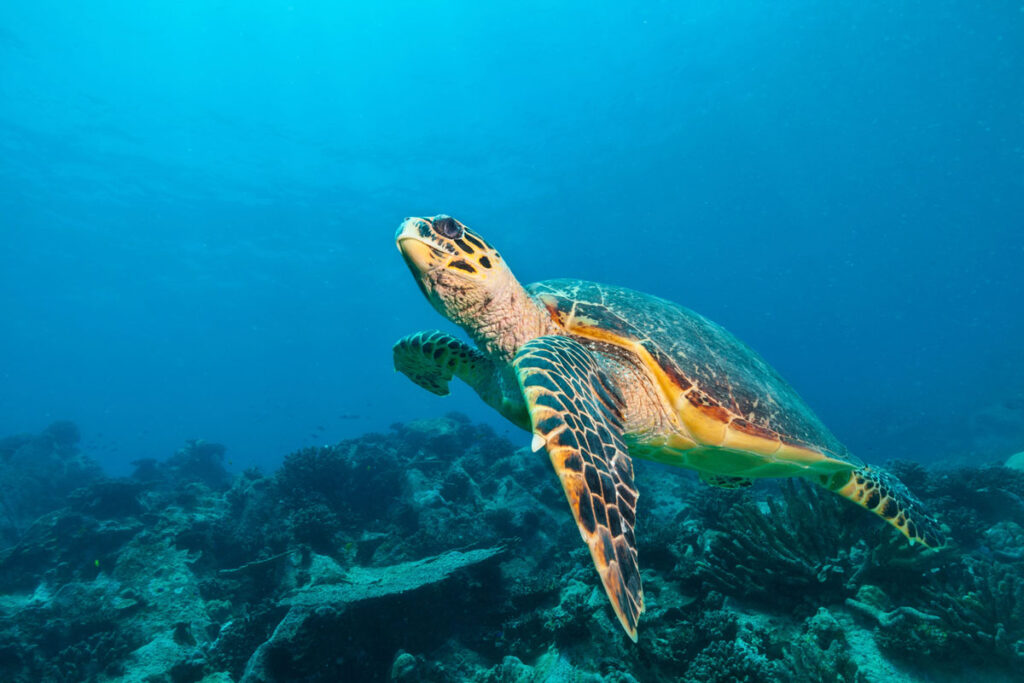
The ocean connects us all—and together, families everywhere can help ensure its health and vitality for years to come.
Banjo thanks you!


